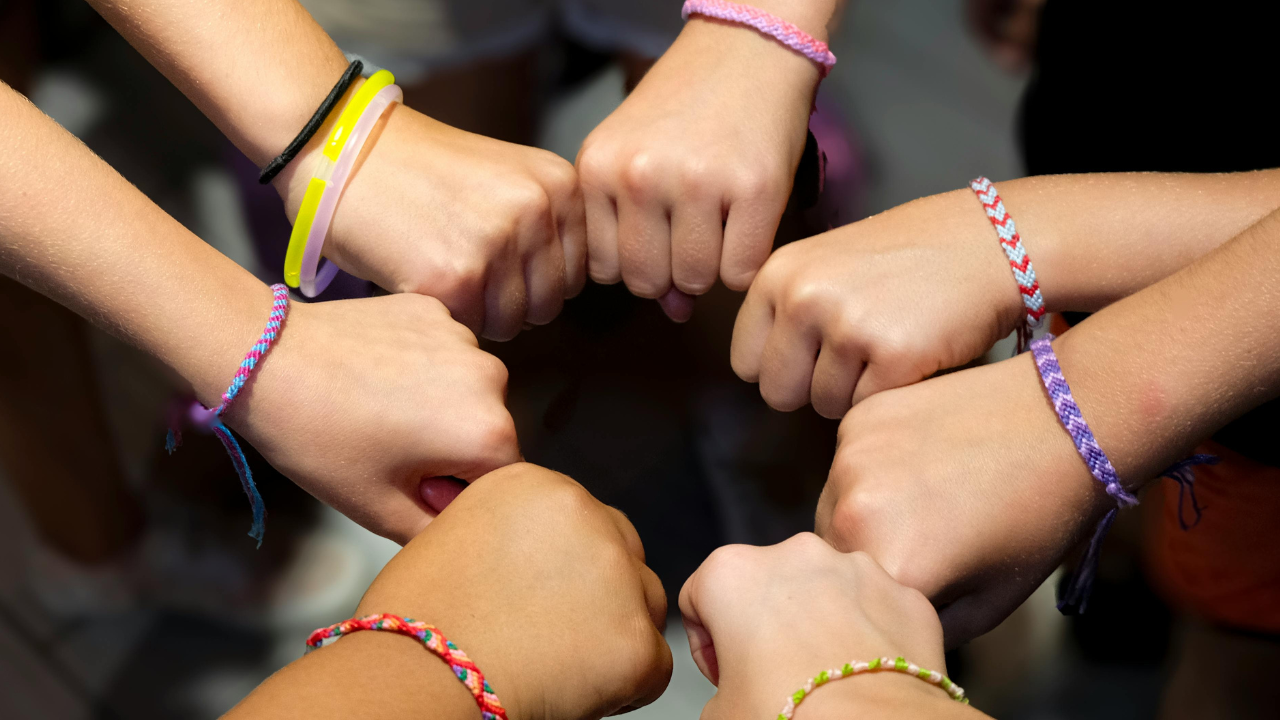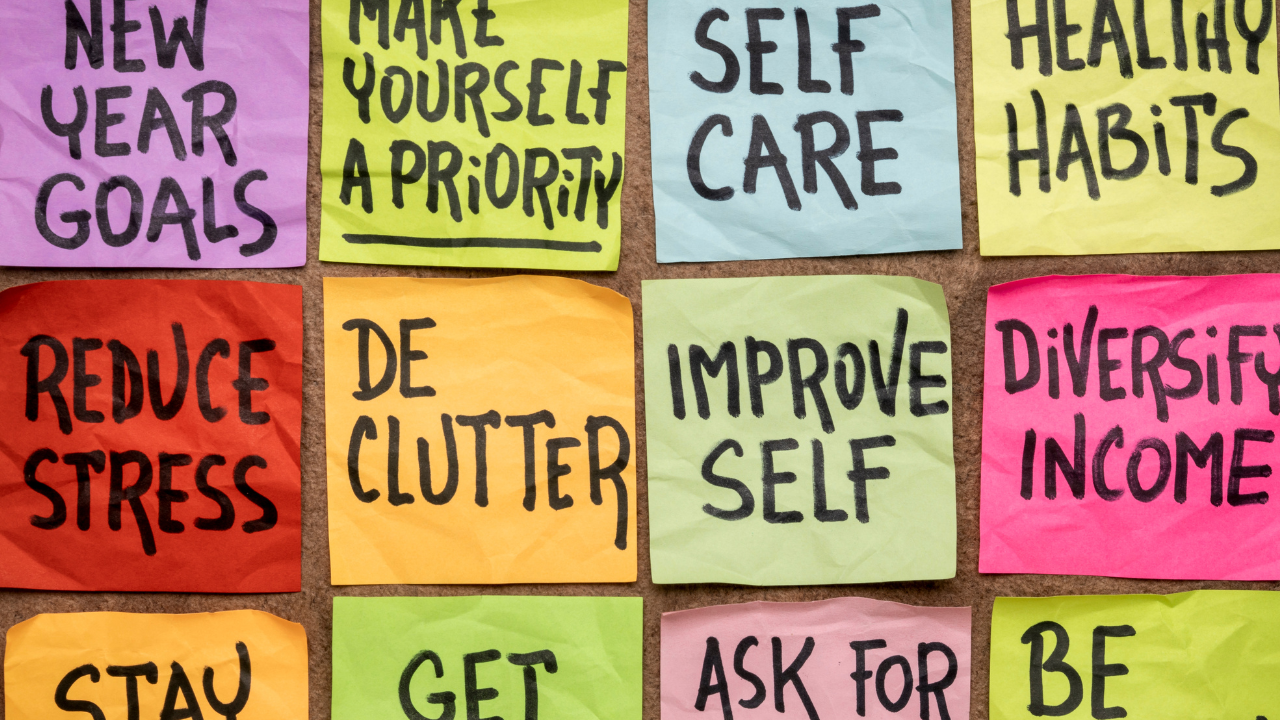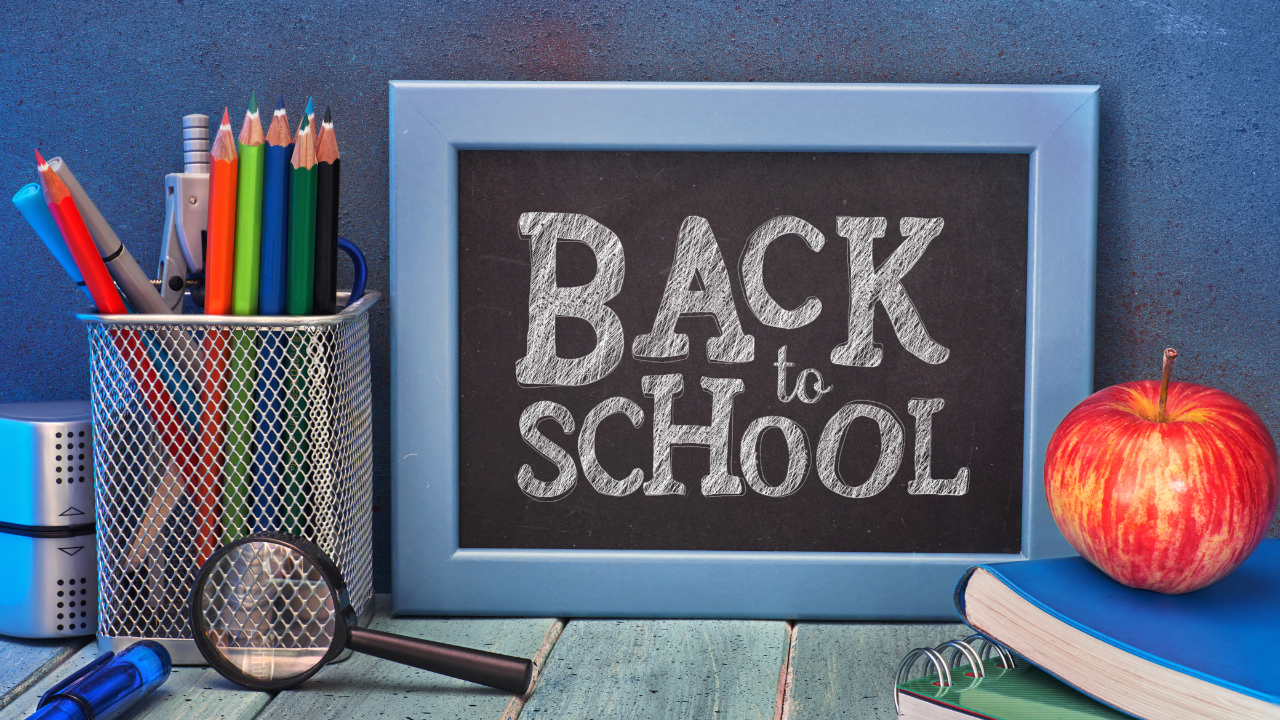Supporting Kids Who Struggle With Friendships: Social Anxiety, Rejection Sensitivity, and Emotional Regulation

It often shows up after school.
A child drops their backpack by the door and heads straight to their room. When asked how their day was, they shrug and say, “Fine,” but their shoulders are tense and their answers are short. Someone didn’t sit with them at lunch. A text went unanswered. A joke landed wrong.
For kids who struggle with friendships, these moments can feel overwhelming, even when they seem small from the outside. Social relationships are deeply tied to identity and belonging, and when something feels off, it can shake a child’s sense of safety in ways they may not know how to explain.
When Social Anxiety Shapes How Kids Show Up
Before a birthday party, a child asks repeatedly who will be there and what they will be doing. As the party gets closer, they suddenly complain of a stomachache and ask if they have to go.
Social anxiety in kids does not always look like fear. Sometimes it looks like avoidance, irritability, or constant reassurance seeking. Kids with social anx...
How New Year’s Diet Culture Can Be Harmful to Kids and What to Focus on Instead

It often starts quietly.
A parent comments about needing to eat better now that the holidays are over. Their child looks up from the table and asks what that means. No one thinks much of it at the time, but something shifts. Foods that were once neutral suddenly carry meaning, and kids begin listening more closely than we realize.
For many families, these moments are unintentional. Adults are navigating their own relationship with food and body image in a culture that pushes self-improvement every January. But kids are watching, absorbing, and learning about how the adults in their lives perceive food and body image.
How Diet Culture Shows Up for Kids
A child overhears a conversation about cutting sugar and later pushes dessert away, saying it’s too much sugar. When asked why, they shrug and repeat a phrase they heard without fully understanding it.
Diet culture often shows up through everyday language and behaviors. It can sound like jokes about weight gain, praise for eating les...
Back-to-School Mental Health Tips: How Parents Can Support a Smooth Transition for Teens

As summer winds down and school supplies start filling shopping carts, many families begin to feel the anticipation and sometimes anxiety that comes with the back-to-school season. For teens, returning to school can bring a whirlwind of emotions: excitement about seeing friends, dread over academic pressure, or worries about social dynamics and performance expectations. Research published in the Journal of Adolescent Health shows that transitions like the start of a new school year are key stress points for teens, especially those who struggle with anxiety or depression.
The good news is that with mindful support from parents and caregivers, this transition doesn’t have to feel overwhelming. That’s why we’re sharing practical, research-backed tips to help your teen feel emotionally supported and mentally prepared for a healthy return to school. We’re also including a free downloadable Back-to-School Mental Health Checklist for Teens & Parents to help you put these ideas into action.
...Helping Your Teen Cope with Summer Stress: 5 Strategies to Support Their Mental Health

When most people think of summer, they picture carefree days, vacations, and a much-needed break from academic stress. But for many teens, the shift into summer can actually increase feelings of anxiety, loneliness, and emotional dysregulation. Without the structure of school, teens can struggle with inconsistent sleep, screen time overload, social disconnection, and a lack of purpose—all of which can affect their mental health.
As a parent, it can be challenging to know how to support your teen when they seem withdrawn, irritable, or overwhelmed. Fortunately, there are concrete steps you can take to help your teen feel more balanced and supported this summer.
Below, we share five evidence-informed strategies you can implement right away.
Why Summer Can Be Stressful for Teens
The freedom of summer can feel disorienting for teens, particularly those who struggle with anxiety, depression, or neurodivergence. Research from the Journal of Adolescent Health shows that mental health sy...
Spring Break Reset: Mental Health Strategies For The Whole Family

Spring break is often seen as a time for fun, relaxation, and adventure. But for many families, it can also bring unexpected challenges: the shift in routine, social changes, and pressure to make the most of the break can impact mental well-being for both kids and adults alike. Some children may struggle with boredom or loneliness when friends are away, while adults might feel stretched between work, family responsibilities, and planning activities.
Prioritizing mental health as a family can help everyone feel more balanced and refreshed by the time break ends. Let’s talk about how to recognize when someone in the family might be struggling and practical ways to support both kids and adults during break.
How Spring Break Can Affect Mental Health
While a break from school and work can be exciting, the shift in routine can be unsettling. Families may experience:
- Kids feeling lonely or bored – Without the usual social interactions, children may feel disconnected. For kids who r...
Holiday Conversations: 5 Communication Strategies to Build Connection With Your Kids

The holiday season is a wonderful time to focus on family, create memories, and connect with loved ones – but at the same time, it can also bring up heightened emotions, busy schedules, and stress for both kids and parents.
Amidst the festivities and adjusted routines, communication becomes more important than ever. Open and supportive communication is foundational to a healthy parent-child relationship. When kids feel heard and understood, they’re more likely to express themselves honestly, manage their emotions, and feel secure in their connection with you. And when parents communicate openly, they model emotional intelligence, empathy, and problem-solving skills—qualities that kids carry with them into adulthood.
In a season that often emphasizes gifts and gatherings, focusing on communication can become the most meaningful way to connect. Whether it's through everyday interactions or heartfelt conversations, communicating with care and intention reminds your kids that they ar...

